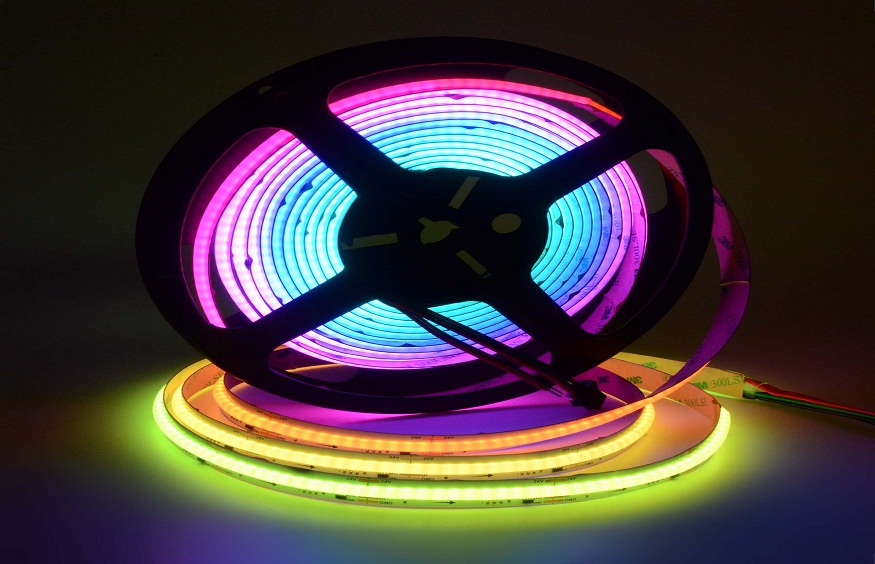Do You Know What is Alcohol Withdrawal Insomnia?
Have you heard about alcohol withdrawal insomnia? Such a syndrome could manifest when an alcoholic abruptly stops consuming alcohol. It is one of the most common symptoms of withdrawal, along with tremors, anxiety, nausea, and sweating.
This condition can be extremely uncomfortable and can make it difficult for individuals to fall asleep and stay asleep, leading to a lack of restful sleep.
According to the professionals at Detox to Rehab, insomnia brought on by alcohol withdrawal can begin as soon as six hours after the addict has had his/her/its last drink and last for several weeks.
During this time, individuals may experience difficulty falling asleep, frequent awakenings throughout the night, and waking up too early. They may also experience vivid and disturbing dreams, which can increase feelings of anxiety and agitation.
The primary reason for withdrawal insomnia is the effect of alcohol on the brain. Alcohol is a depressant, which means it slows down brain activity and induces relaxation.
However, when someone stops drinking alcohol suddenly, the brain is left in a state of hyperactivity, which can lead to insomnia. The brain is trying to compensate for the lack of alcohol and is struggling to find its normal level of functioning.
For heavy drinkers, alcohol withdrawal insomnia poses a particular risk since it can result in seizures, hallucinations, and delirium tremens (DTs), a serious and sometimes fatal illness. So, it is essential for people who are experiencing withdrawal symptoms to get medical help right away.
There are several treatments available for withdrawal insomnia. These include medication, behavioral therapies, and lifestyle changes. Medications such as benzodiazepines and sedatives can help reduce anxiety and promote sleep.
Behavioral therapies such as cognitive-behavioral therapy (CBT) can help individuals manage the symptoms of insomnia and develop healthy sleep habits. Lifestyle changes such as avoiding caffeine and establishing a regular sleep schedule can also be effective in improving sleep quality.
Insomnia is one of the frequent and unpleasant withdrawal symptoms associated with alcohol use. It can be dangerous for heavy drinkers, and it is crucial for individuals to seek medical attention if they are experiencing withdrawal symptoms.
Fortunately, there are several treatments available for withdrawal insomnia, and individuals can take steps to improve their sleep quality and overall health.











